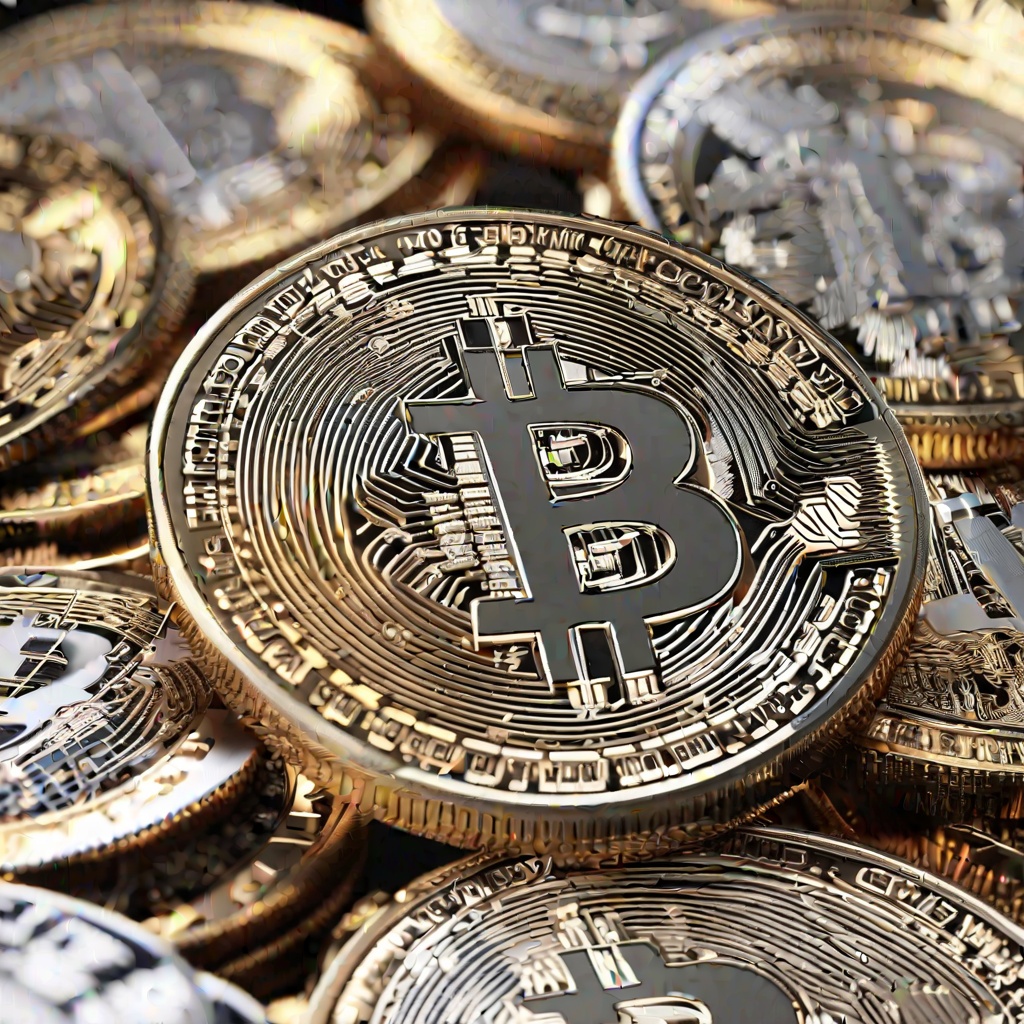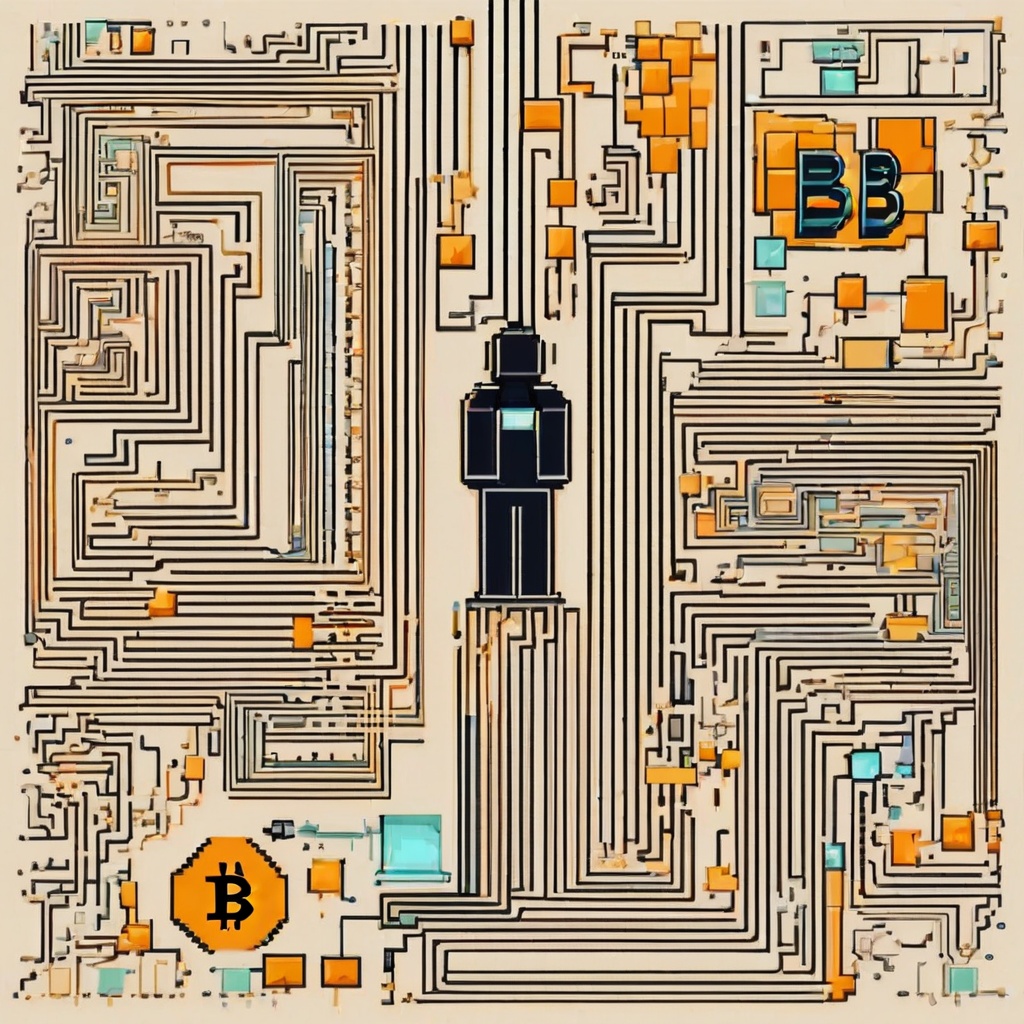Can AVAX beat Solana?
Could you please elaborate on the potential for AVAX to outperform Solana in the crypto sphere? As both projects boast unique features and technologies, I'm curious to know which factors might tip the scales in AVAX's favor. Is it the scalability of its blockchain, the efficiency of its transactions, or perhaps the strength of its community and ecosystem? I'm also interested in understanding how AVAX's roadmap and future developments might influence its competitive position vis-à-vis Solana. Your insights would be greatly appreciated.

Can Worldcoin beat Bitcoin?
Can Worldcoin potentially overtake Bitcoin's position in the cryptocurrency market?" This question has been on the minds of many investors and enthusiasts in the crypto world. Bitcoin, the pioneer of cryptocurrencies, has long been the undisputed leader in terms of market capitalization and adoption. However, with the emergence of new projects like Worldcoin, there's growing speculation about whether a challenger could potentially dethrone the king. Worldcoin, backed by a team of experienced developers and visionaries, aims to provide a more inclusive and decentralized cryptocurrency experience. It touts itself as a cryptocurrency for the masses, aiming to make blockchain technology more accessible and user-friendly. But can it really challenge Bitcoin's dominance? Only time will tell. Cryptocurrency markets are volatile and unpredictable, and it's possible for new projects to gain traction and overtake incumbents. However, Bitcoin's established position and strong community support make it a formidable opponent. In the end, the success of Worldcoin will depend on its ability to innovate, execute, and win the trust of the crypto community. Only then can it hope to challenge Bitcoin's throne.

Can XRP beat Ethereum?
As a professional practitioner in the field of cryptocurrency and finance, I often receive questions like "Can XRP beat Ethereum?" from investors and enthusiasts. This question reflects the intense competition and rapidly evolving landscape of the cryptocurrency market. XRP and Ethereum are two very different cryptocurrencies with distinct use cases and advantages. Ethereum, being the second-largest cryptocurrency by market capitalization, has established itself as a leading platform for decentralized applications and smart contracts. Its ecosystem is robust and diverse, with a large community of developers and users. On the other hand, XRP is designed specifically for fast and efficient cross-border payments. It aims to revolutionize the global payment system by providing a frictionless experience for financial institutions and individuals. Which cryptocurrency will prevail depends on various factors, including technology, market demand, and regulatory frameworks. Currently, Ethereum seems to have a clear edge in terms of development and adoption. However, the crypto world is full of surprises, and XRP could potentially catch up if it can successfully execute its vision and address the challenges ahead. In conclusion, the answer to the question "Can XRP beat Ethereum?" is not straightforward. It requires a deep understanding of the technology, market dynamics, and the evolving regulatory environment. Investors should approach this question with caution and conduct thorough research before making decisions.

Will XRP beat Bitcoin?
As a cryptocurrency investor, I'm always interested in the potential of different digital assets. Recently, I've been hearing a lot about XRP and how it might be poised to overtake Bitcoin as the leading cryptocurrency. But is it really possible? Will XRP really beat Bitcoin? I understand that both XRP and Bitcoin have their own unique strengths and use cases. Bitcoin, being the first and most well-known cryptocurrency, has established itself as a store of value and a medium of exchange. Its decentralization and limited supply have also made it a popular choice for investors looking for a hedge against inflation and market volatility. On the other hand, XRP boasts a faster transaction speed and lower transaction costs than Bitcoin. It's also been designed with a focus on scalability, making it a more practical option for use in day-to-day financial transactions. Plus, with Ripple's focus on cross-border payments and financial inclusivity, XRP could potentially play a key role in the future of global finance. So, which one will come out ahead? Will XRP's speed and scalability give it the edge over Bitcoin? Or will Bitcoin's established brand and network effects hold it at the top? As an expert in the field, what are your thoughts on this matter? Will XRP beat Bitcoin, or is Bitcoin still king?

